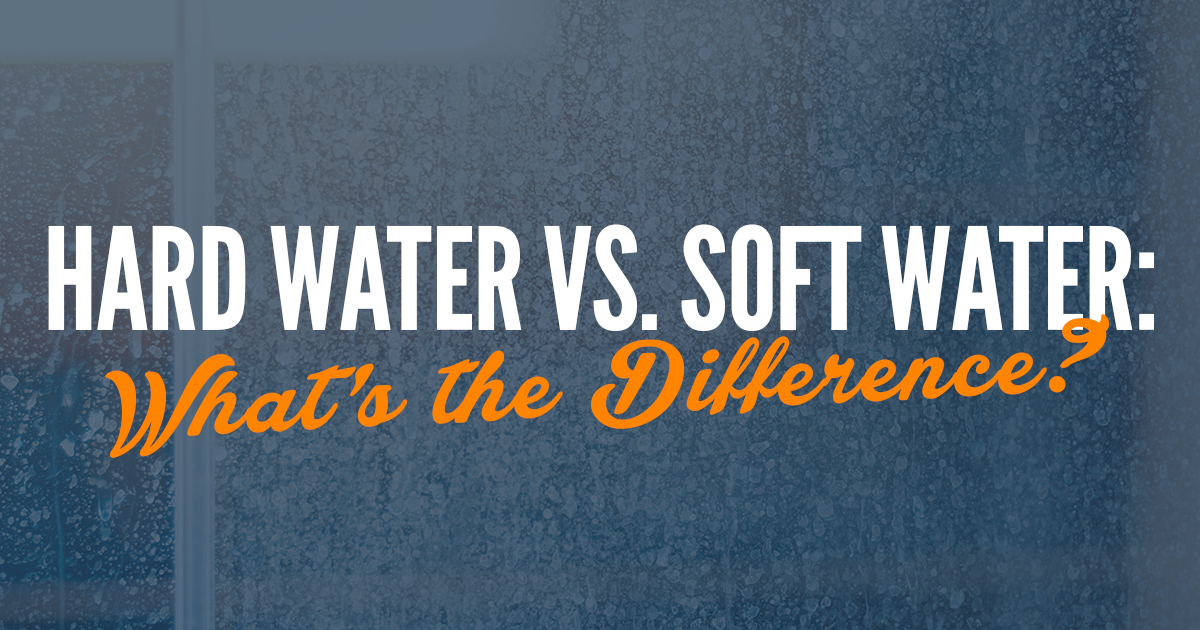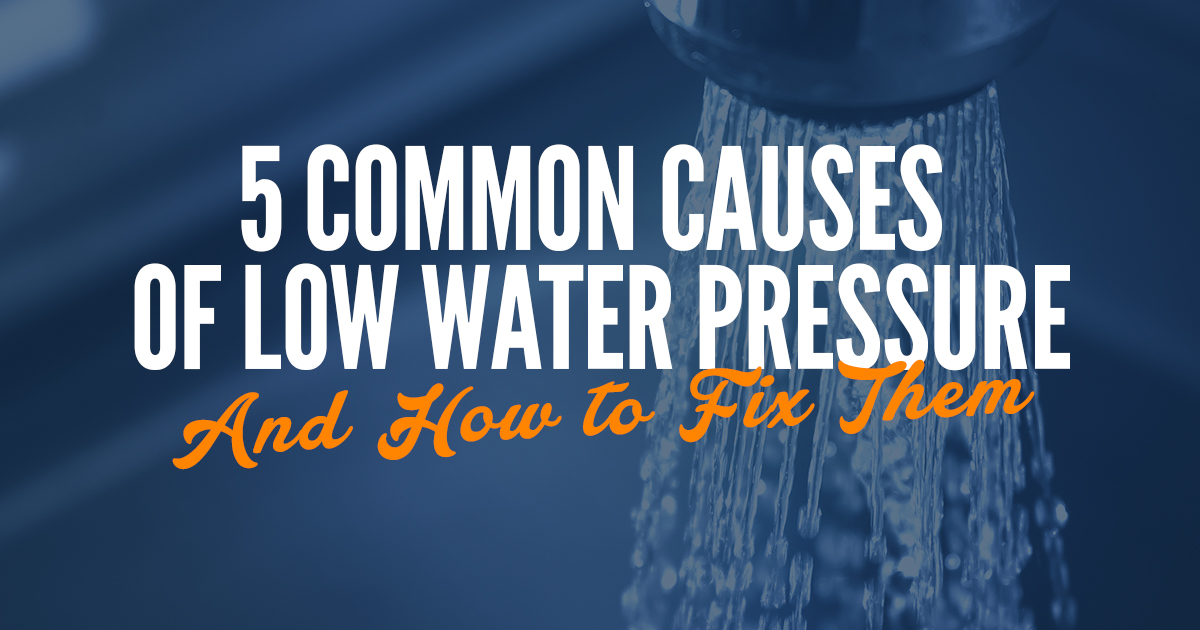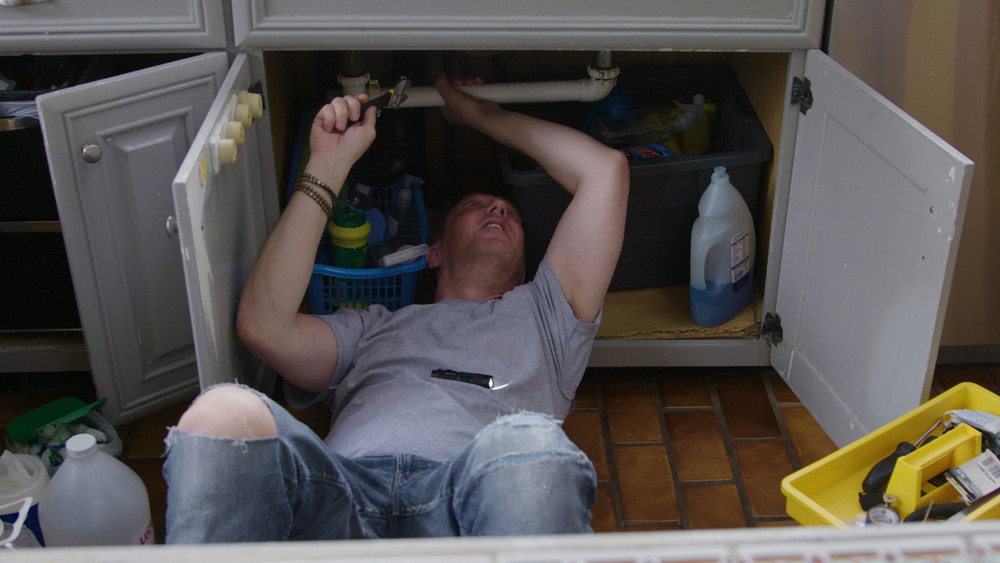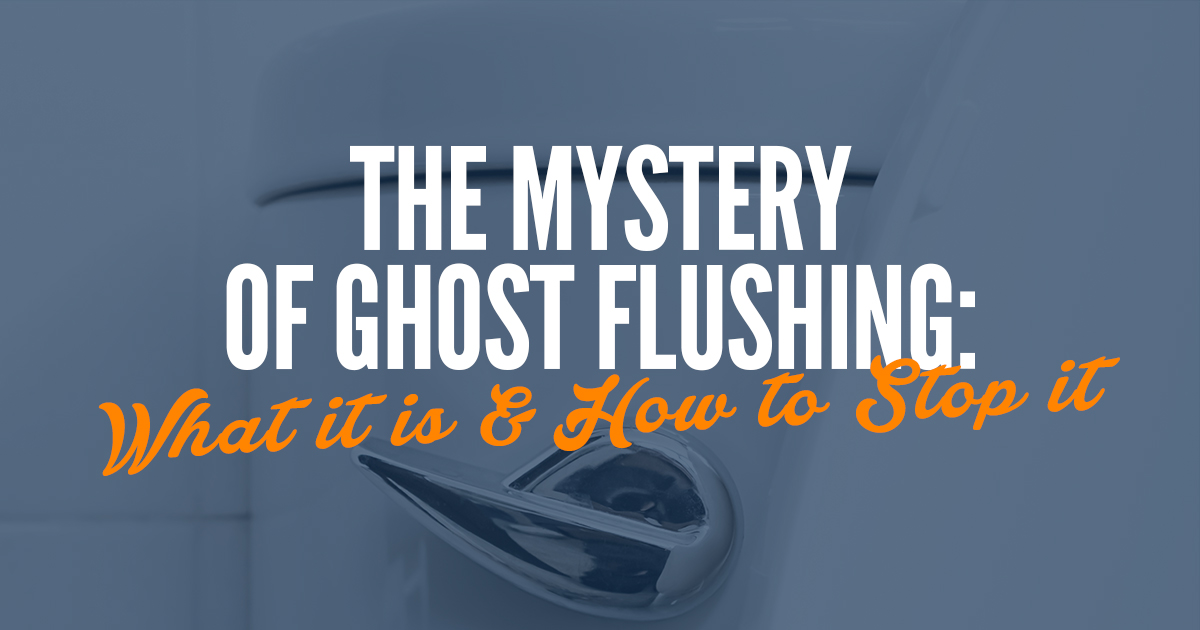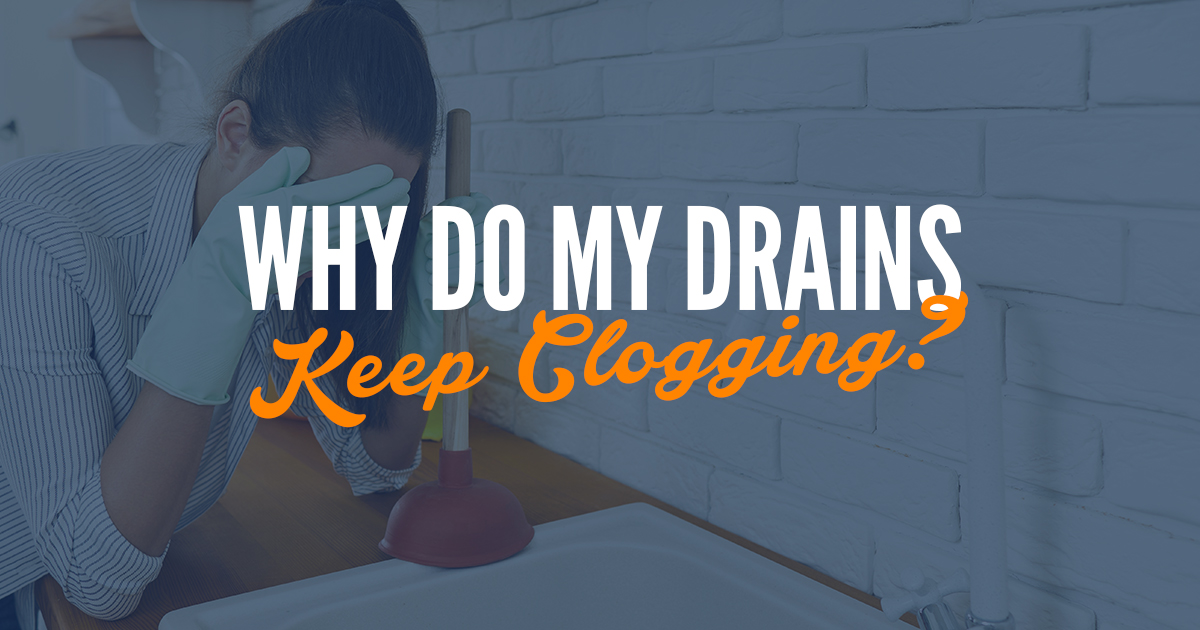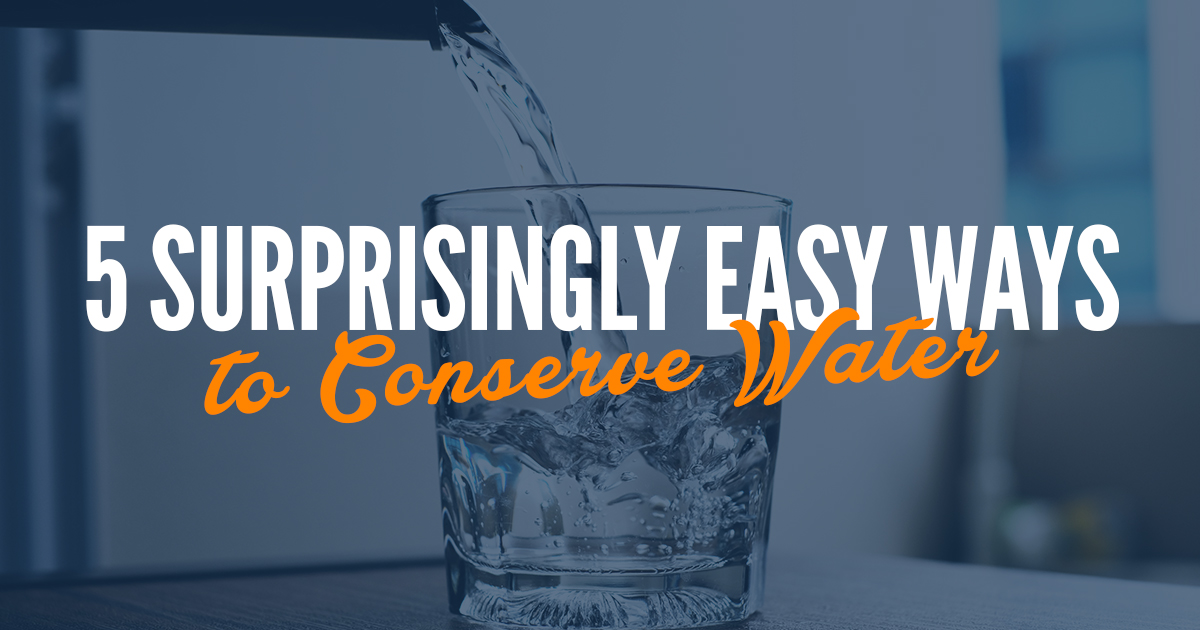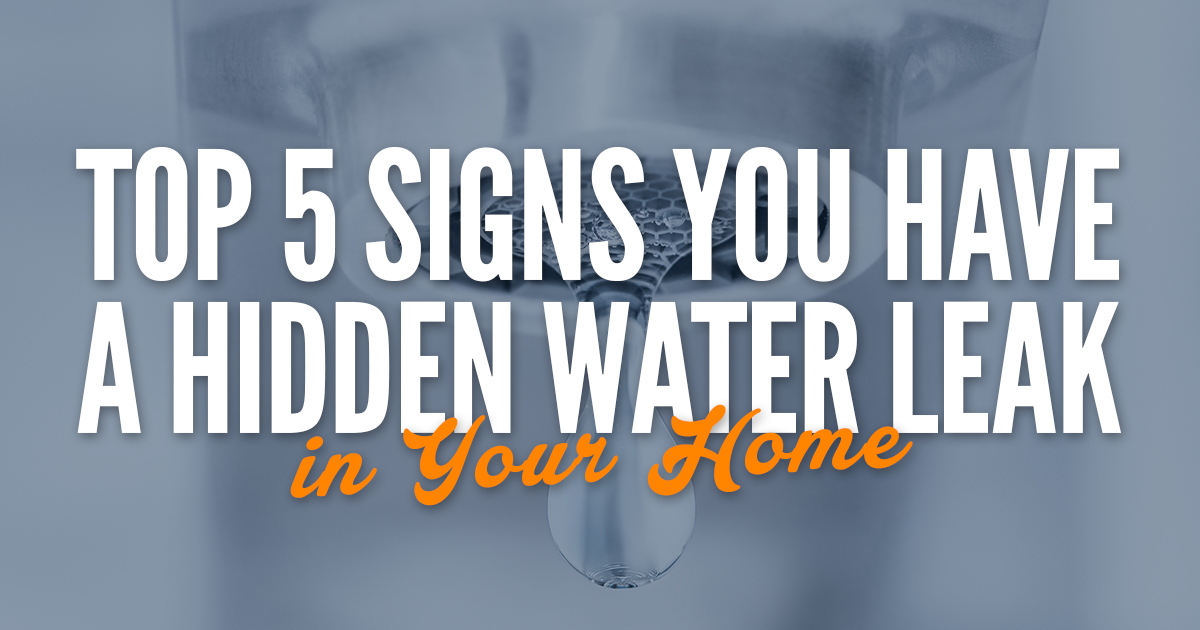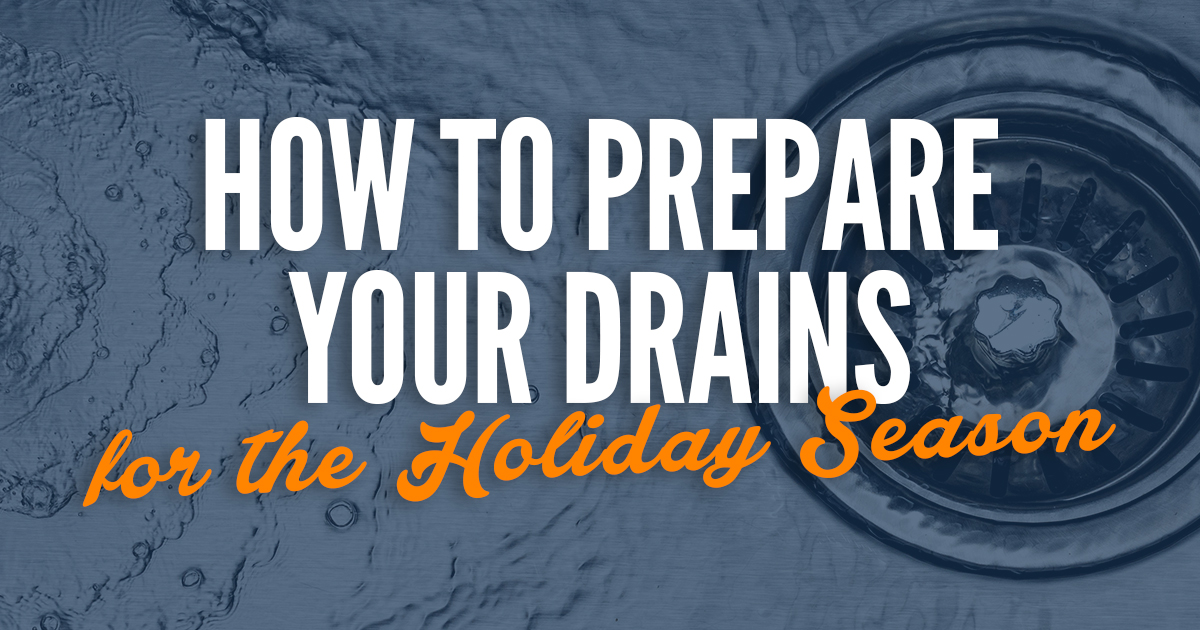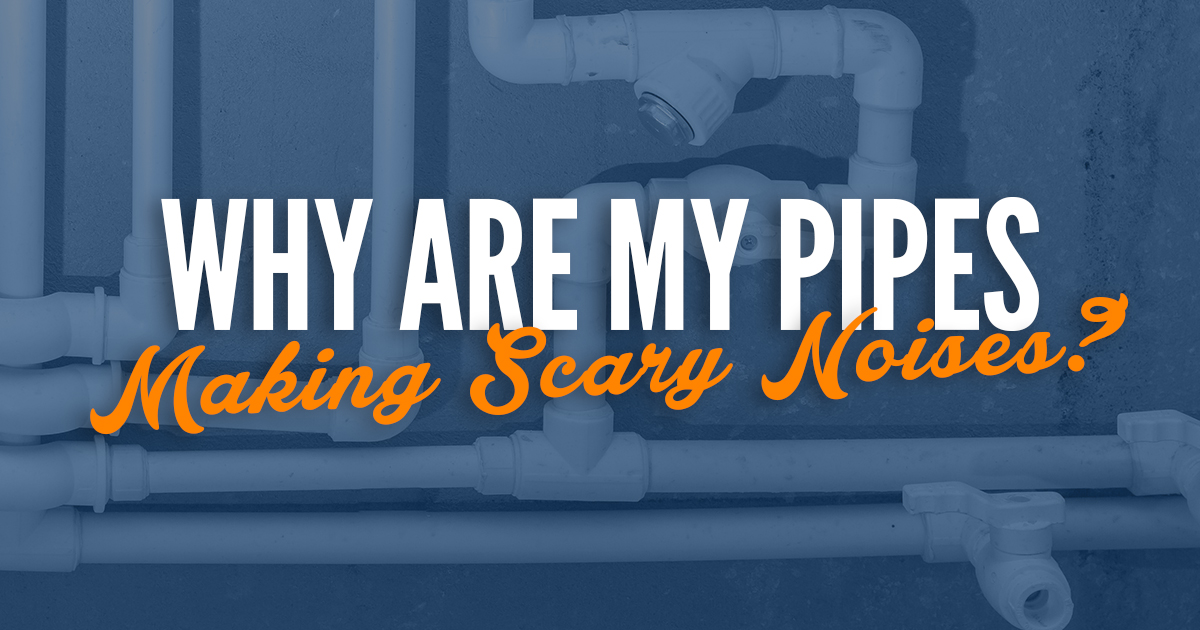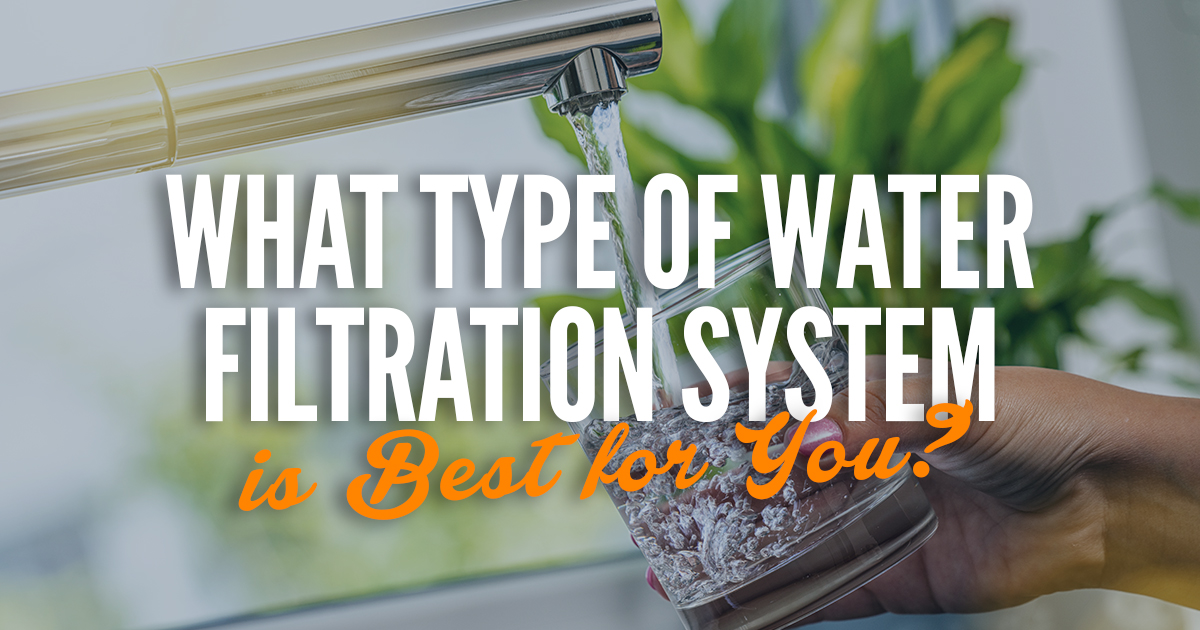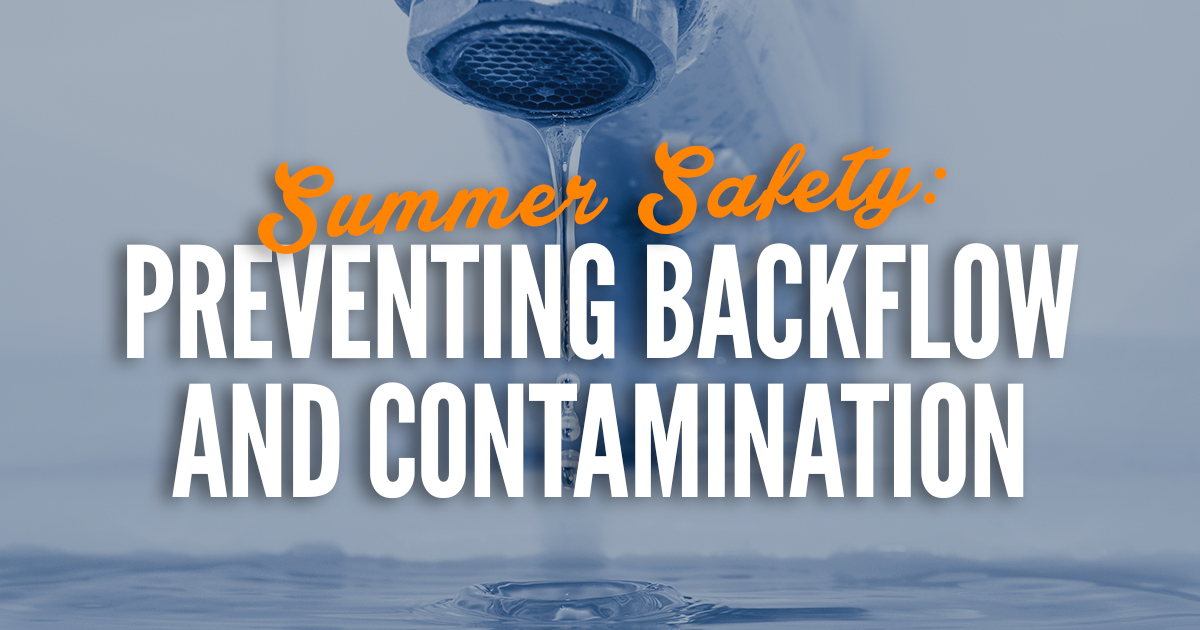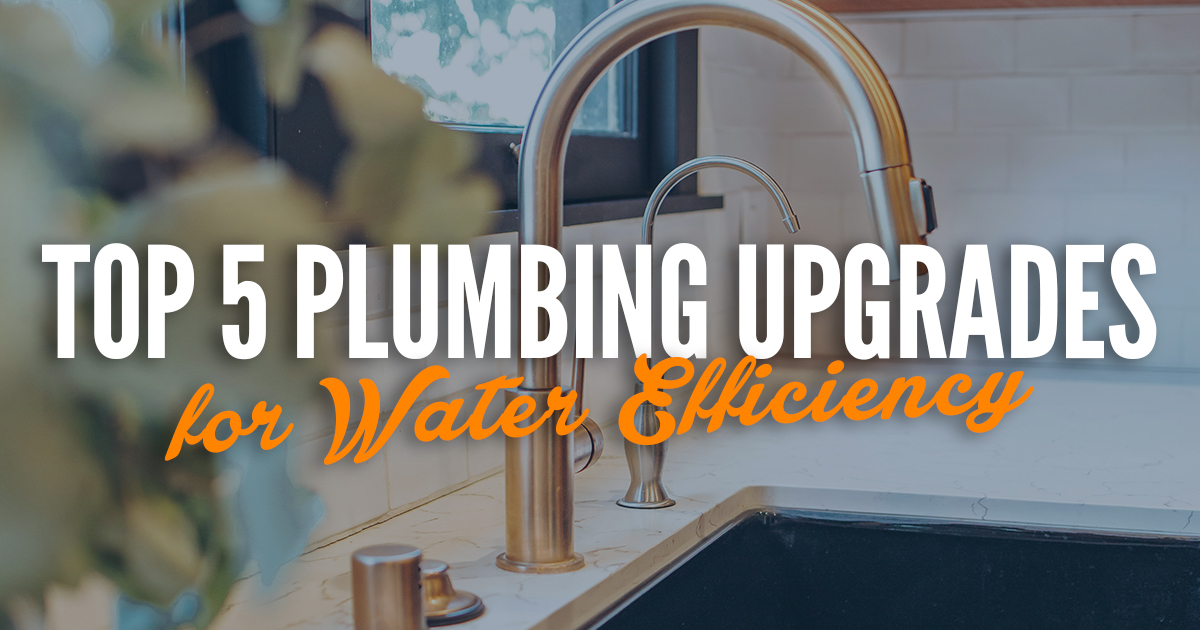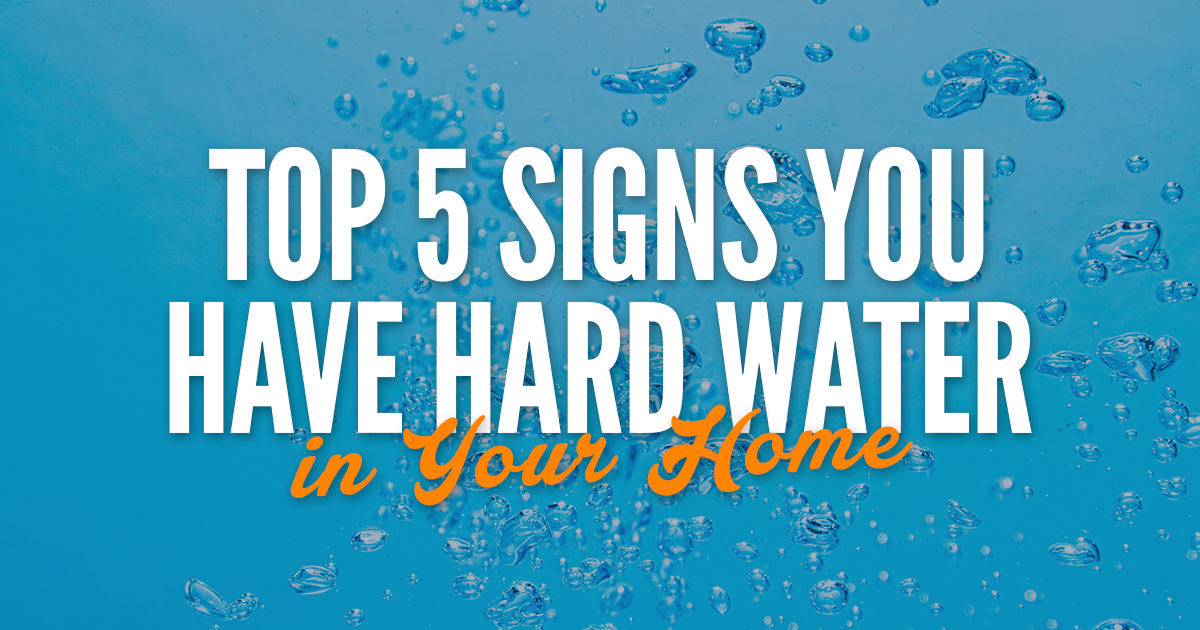Ever feel like your soap just isn’t sudsing up like it should? Or maybe your hair feels a little…blah even after a good wash? You might be in a battle you didn’t even know you were fighting: the one between hard water and soft water. Now, I know what you’re thinking. Water is just water, right? Wrong! It turns out that what’s in your water can make a HUGE difference in everything from your morning shower to how long your appliances last. So, grab your favorite mug (hopefully it’s not covered in mysterious white spots!), and let’s dive into the fascinating world of hard and soft water. Trust me, this is way more interesting than it sounds.
What is Hard Water?
Hard water is water that’s rich in minerals. Think of hard water as water with a story. It’s journeyed through the earth, naturally dissolving minerals – primarily calcium and magnesium – from rocks and soil. While these minerals aren’t typically a health concern in the concentrations found in most water supplies, their presence can create noticeable challenges around the house.
Signs You Have Hard Water
- Mineral Buildup: You might notice a white, chalky residue (scale) around faucets, showerheads, drains, sinks, and appliances that use water (like coffee makers and kettles).
- Soap Scum: Soap and detergents don’t lather well and leave a sticky film or scum on surfaces like bathtubs, showers, and sinks. This scum can also appear on dishes and glassware.
- Poor Lather and Soap Residue: It’s difficult to get a good lather with soap and shampoo. You might feel a film on your skin after washing, and it takes longer to rinse off soap.
- Appliance Problems: Hard water can cause scale to build up in appliances like dishwashers, washing machines, and water heaters, reducing their efficiency and lifespan.
- Spotted Dishes and Glassware: You might notice cloudy or white spots on your dishes, glasses, and silverware after they come out of the dishwasher.
- Dry Skin and Hair: If your hair feels dry or dull after a good wash, then you’re likely dealing with hard water.
What is Soft Water?
On the other end of the spectrum, we have soft water. This type of water contains a significantly lower concentration of those hardness-causing minerals – calcium and magnesium. Soft water can occur naturally in areas where the water source has limited contact with mineral-rich geological formations. However, it’s more commonly produced through water-softening systems. These systems typically utilize an ion exchange process, effectively swapping the calcium and magnesium ions for sodium or potassium ions.
The Benefits of Soft Water
The benefits of soft water become apparent in everyday tasks.
- Enhanced Soap and detergent Effectiveness: Soap and detergents lather much more effectively with soft water. This means you can use less product and achieve better results.
- Cleaner Skin and Hair: Many people find that their skin feels softer and their hair is more manageable without the mineral residue.
- Reduced Soap Scum and Residue: Minimizes the formation of stubborn soap scum on surfaces like shower doors, tubs, and sinks, making cleaning easier.
- Protection for Appliances: Soft water is gentler on your household appliances. By minimizing scale buildup, it helps them operate more efficiently and can contribute to their longevity.
